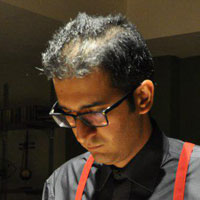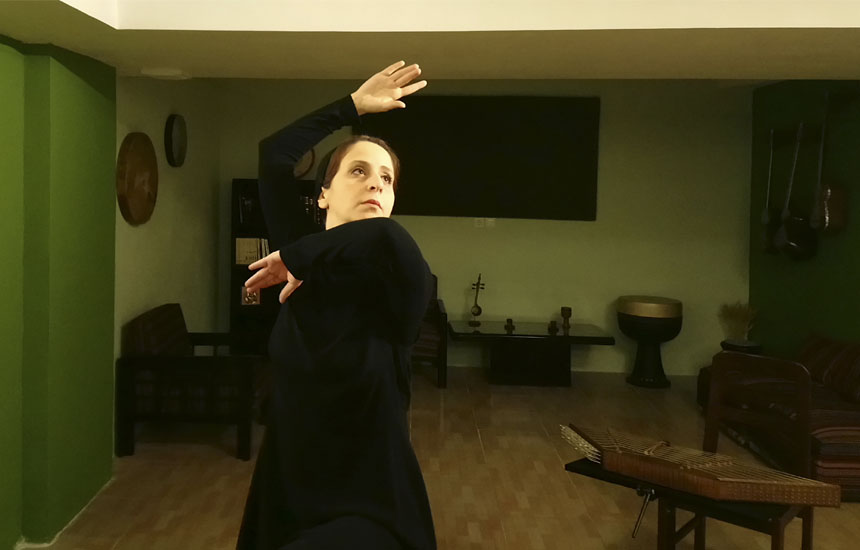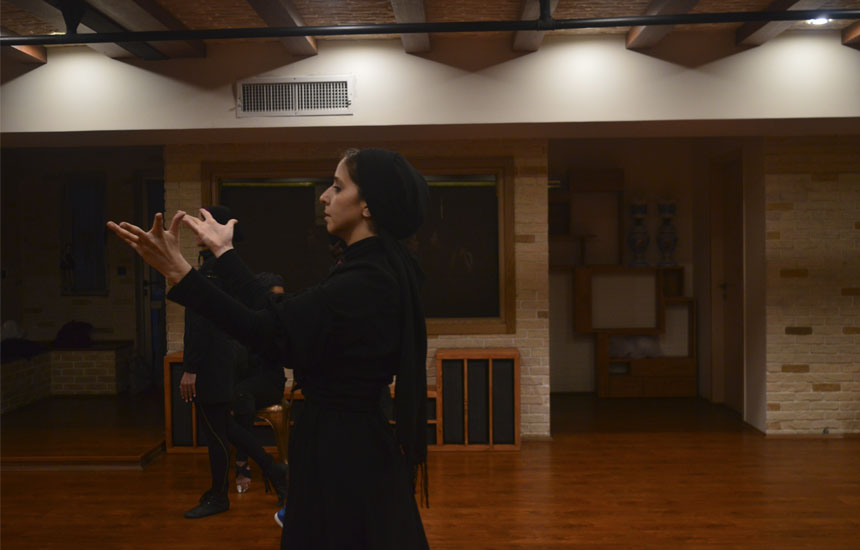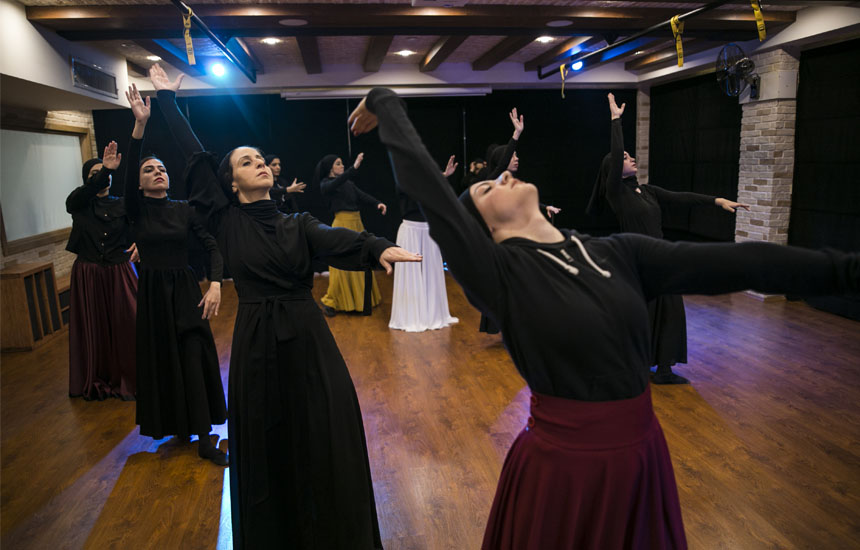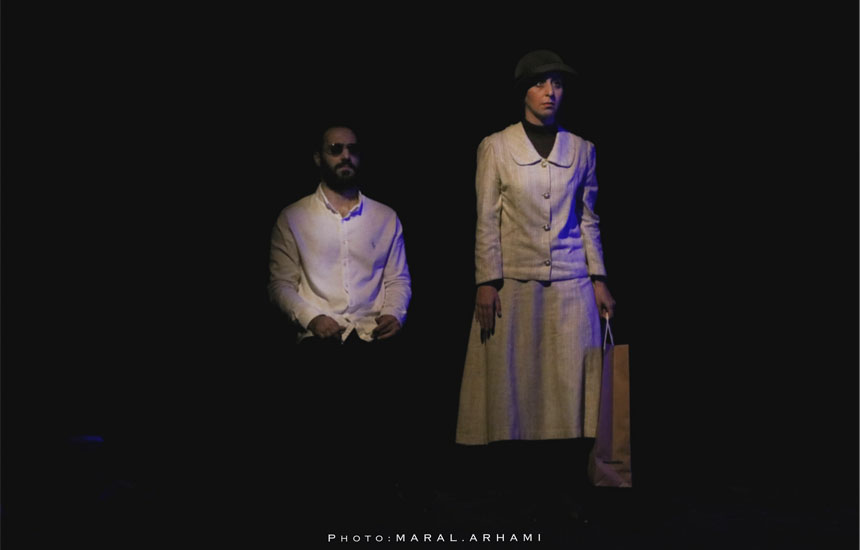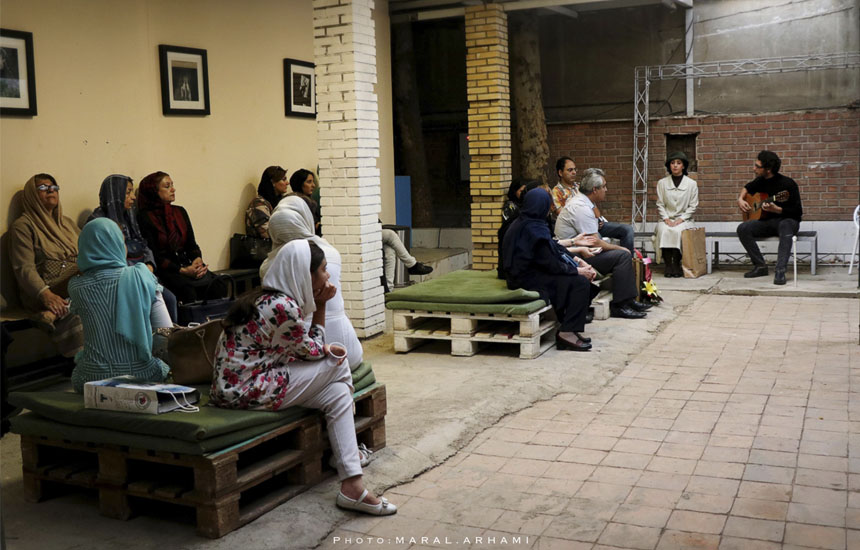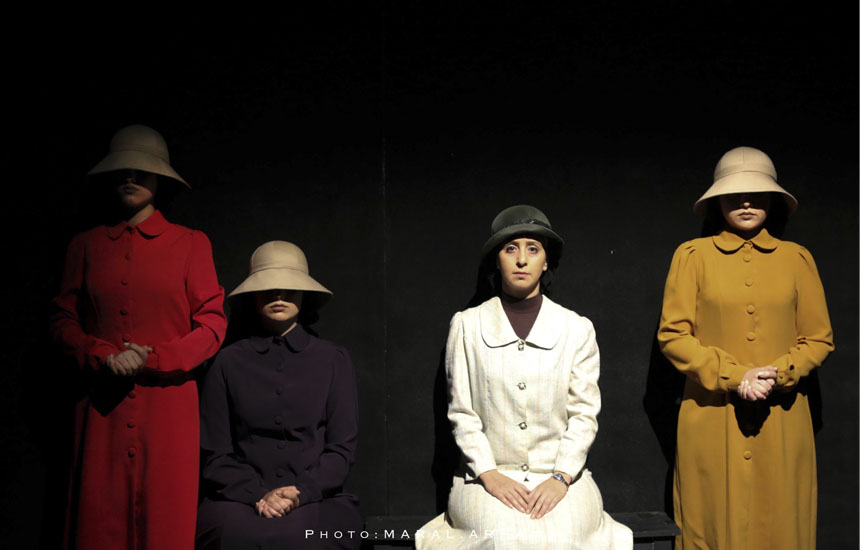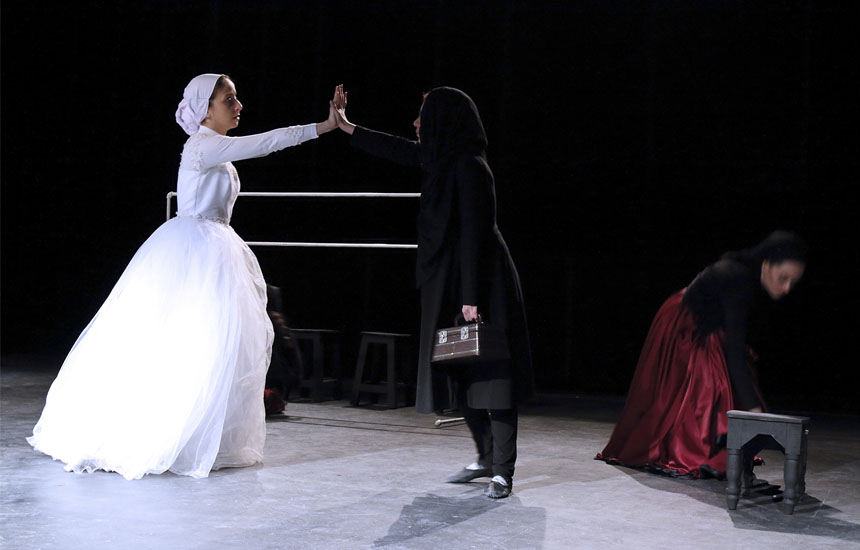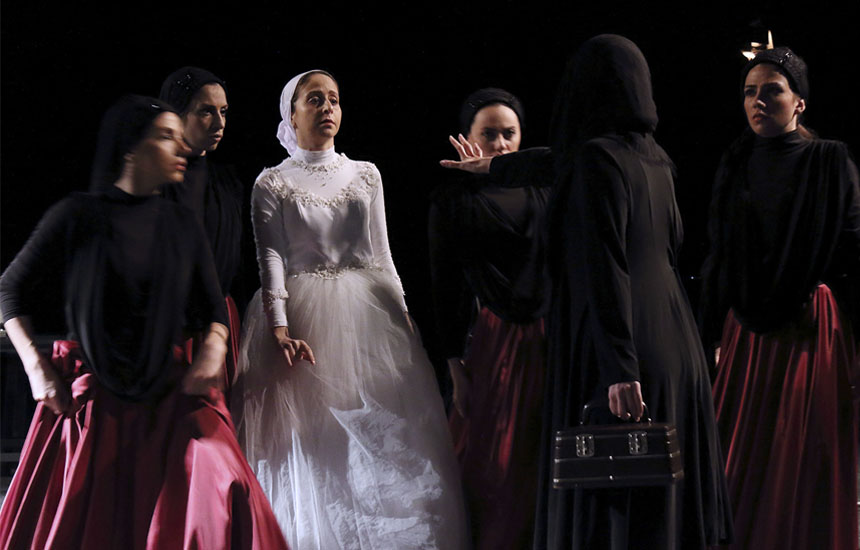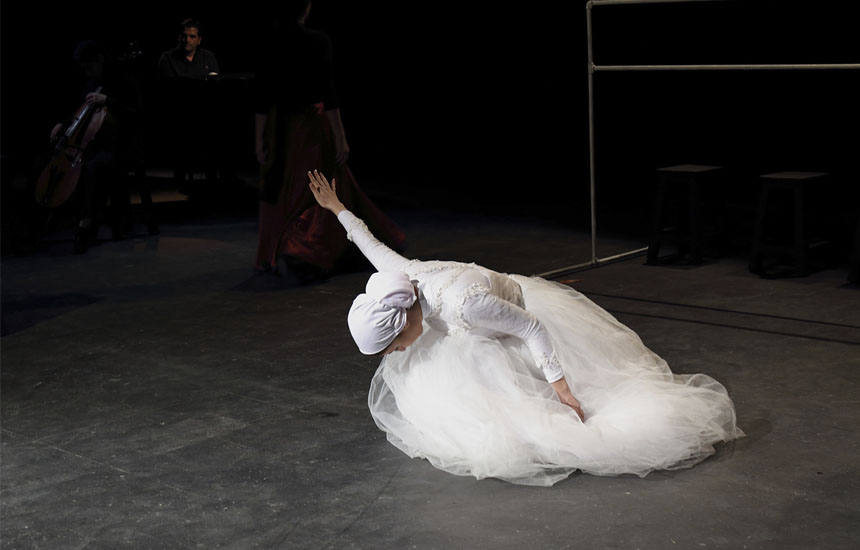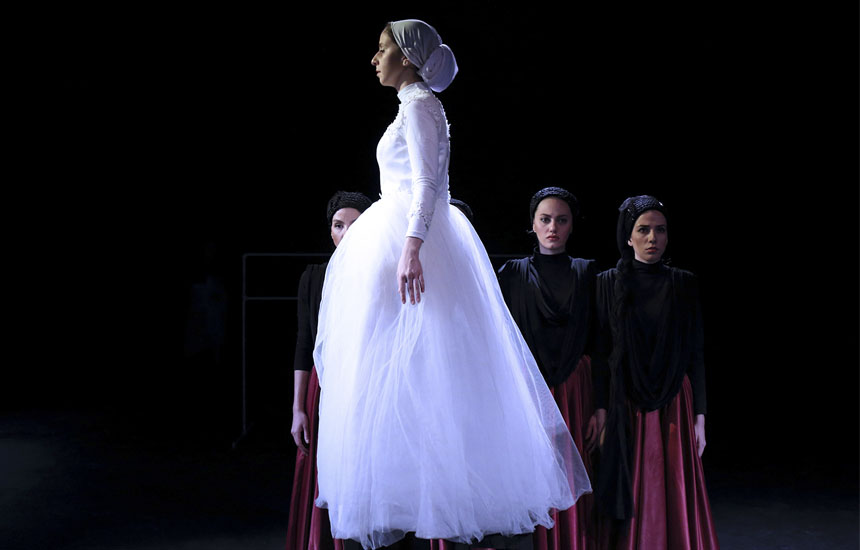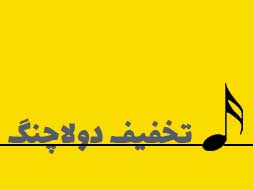Sazgah Performing Arts
Performances are the unspeakable words we like to share. It’s a collaborative experience to explore how rhythms shape human life in time and space.
Members
Performer and Physical Theater Actor
Graduated from “Urban and Regional Planning”, started dance in 2009 and has participated in performances such as:
“Spring, Comes and Goes” concert-dance directed by Mansoureh Alimadadi, Vahdat Hall, June and November 2019, Tehran.
“We, Nothing, We, Sight”, physical theater based on five plays by Samuel Beckett, directed by M. Alimadadi, Aftab theater, 2017
“Body Symphony” concert-dance directed by M. Alimadadi, Niavaran Cultural Center, 2016 and Vahdat Hall, 2014, Tehran.
“Gypsy Wind” poetry performance directed by M. Alimadadi, Molavi Theater Hall, 2015, Tehran
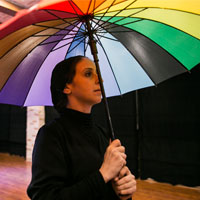
Oldouz Nejadi
Musician and founder of Sazgah (digital platform to exchange artistic experiences)
plays Santur and teaches traditional Iranian music
Graduated from “Spatial Planning and Development”, Navid started learning Iranian traditional music at the age of 10. He is interested in historical revolutions of Iranian classic (dastgahi) music and innovative approaches derived from traditional principles of Iranian music.
